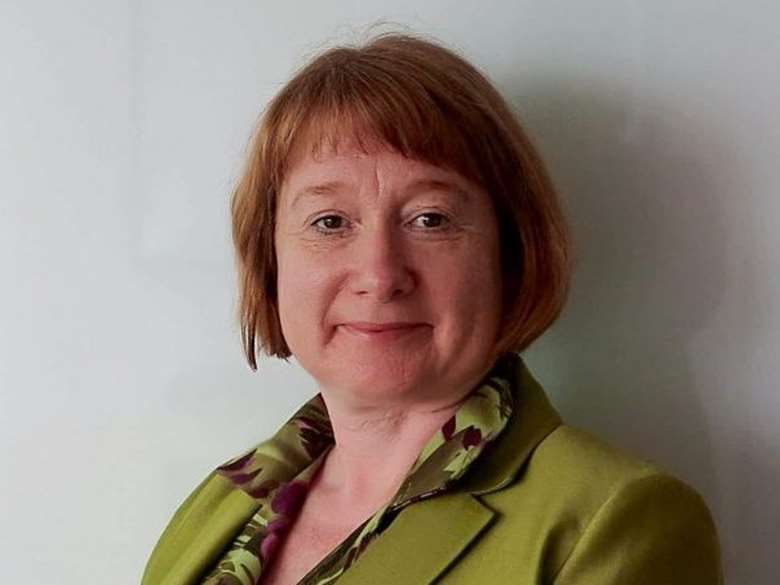Ofsted: National approach to commissioning for children’s homes ‘long overdue’
Fiona Simpson
Tuesday, December 7, 2021
A national approach to commissioning residential services for children with complex needs is “necessary and long overdue”, Ofsted has said.

In its Annual Report 2020/21, the inspectorate describes the children’s social care market as “problematic”.
“Commissioning of specialist services is often linked to individual children, and involves high prices and limited choice. This means that commissioners are rarely in a good position to negotiate the best care and support for children,” it states.
-
Inspections Clinic: Registering homes and managers
-
Analysis: Care Review turns attention to reforming care sector market
The report highlights that the largest 10 providers own a third of all children’s homes in England, it states, adding that the closure of any of these companies could exacerbate existing gaps in sufficiency.
It notes that while the number of children’s homes increased by seven per cent in 2020/21, new children’s homes are generally smaller, with an average of three places compared with an average of six for recently closed homes.
However, the geographic spread of homes means children in some areas with very few settings are placed far from home.
“As at 31 August 2021, a quarter of all children’s homes were in the North West, while only five per cent were in London, which has had the fewest children’s homes for many years. Furthermore, many placements are ill-matched to children’s needs,” according to the report.
Despite having the smallest number of children’s homes, London has the highest proportion of homes for children with sensory impairments, Ofsted figures show.
Meanwhile, the West Midlands, which has the second highest percentage of children’s homes, has a much lower proportion of homes for children with physical disabilities or complex health needs.
A lack of placements for children with severe mental health needs in some parts of England is a growing concern, Ofsted says.
Just 15 homes state that they can care for children with moderate or severe mental health difficulties, according to the report.
“Half of these 15 homes are in the North West; none are in the East Midlands or the North East, Yorkshire and the Humber; and there is only one in each of the East of England, South West, South East, and London,” it adds.
Commenting on the report, Yvette Stanley, Ofsted’s national director of social care and early years provision, said large independent providers are needed to support local authorities to provide placements for children with complex needs but called for more joined-up working between the agencies alongside healthcare services to provide the best placements for children.
She explained that for smaller local authorities “it makes very little sense” for them to open specialist provision for a small number to children.
The difficulty lies in the fact that large providers “won’t go on framework contracts so local authorities are having to commission placements for individual children,” she said.
“We see good provision across all of the different sectors, be that independent children’s homes, those run by local authorities or those run by the voluntary sector. What we want is more good provision but it does mean some more difficult conversations with some of the big providers to support that joined-up planning.
“We think some of those conversations will need to be done at a national level because no local authority can find the solutions on their own,” Stanley added.
Sector leaders have said investment in a workforce trained to support children with complex needs is needed alongside tackling sufficiency problems to provide the best support for children.
Jonathan Stanley, manager of the National Centre of Excellence for Residential Child Care, said: “It is not a question only of homes and places but of the development of the multi-professional workforce to meet high level complex needs. This too requires analysis and strategic governmental investment, a market solution is not appearing.”
Ofsted has also raised concerns over a lack of regulation around the children’s social care market.
“No organisation has the responsibility of overseeing the ‘market’ for children’s home places in the same way that the Care Quality Commission does for adults, providing important safeguards against business failure or withdrawal. In a dynamic ‘market’ with large providers that operate a considerable proportion of provision, this is a serious gap,” the report states.




